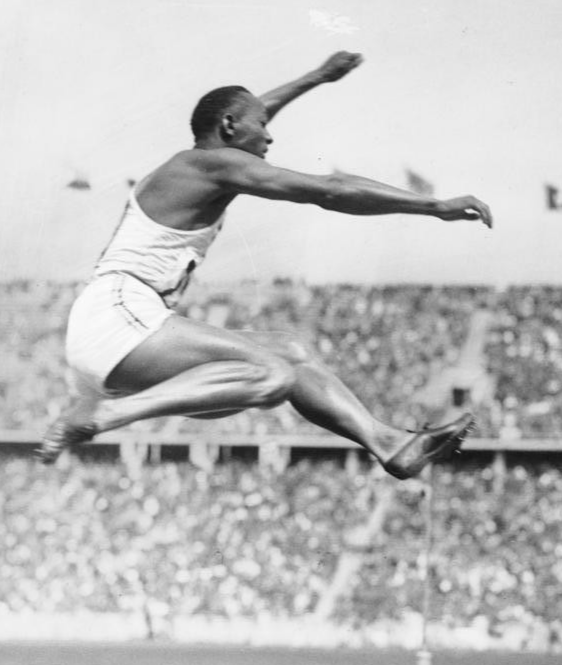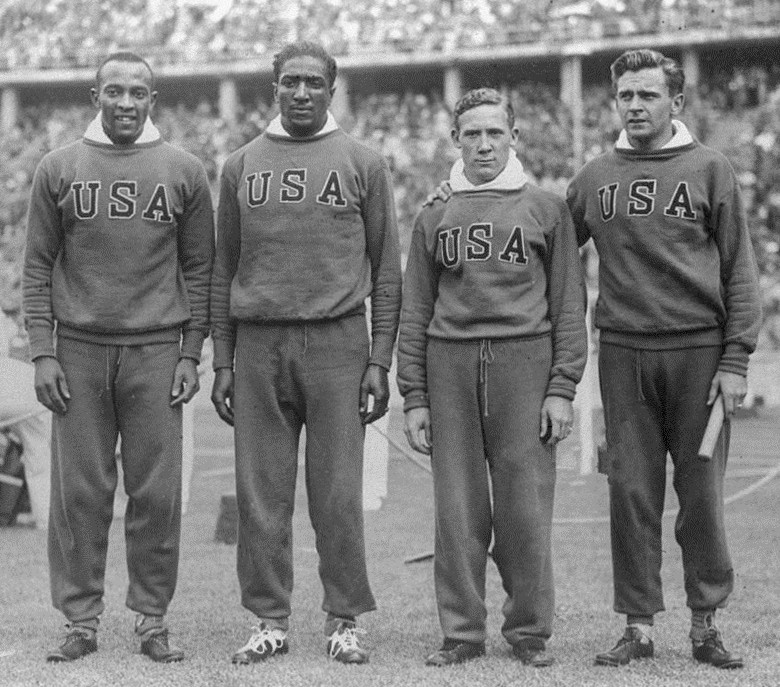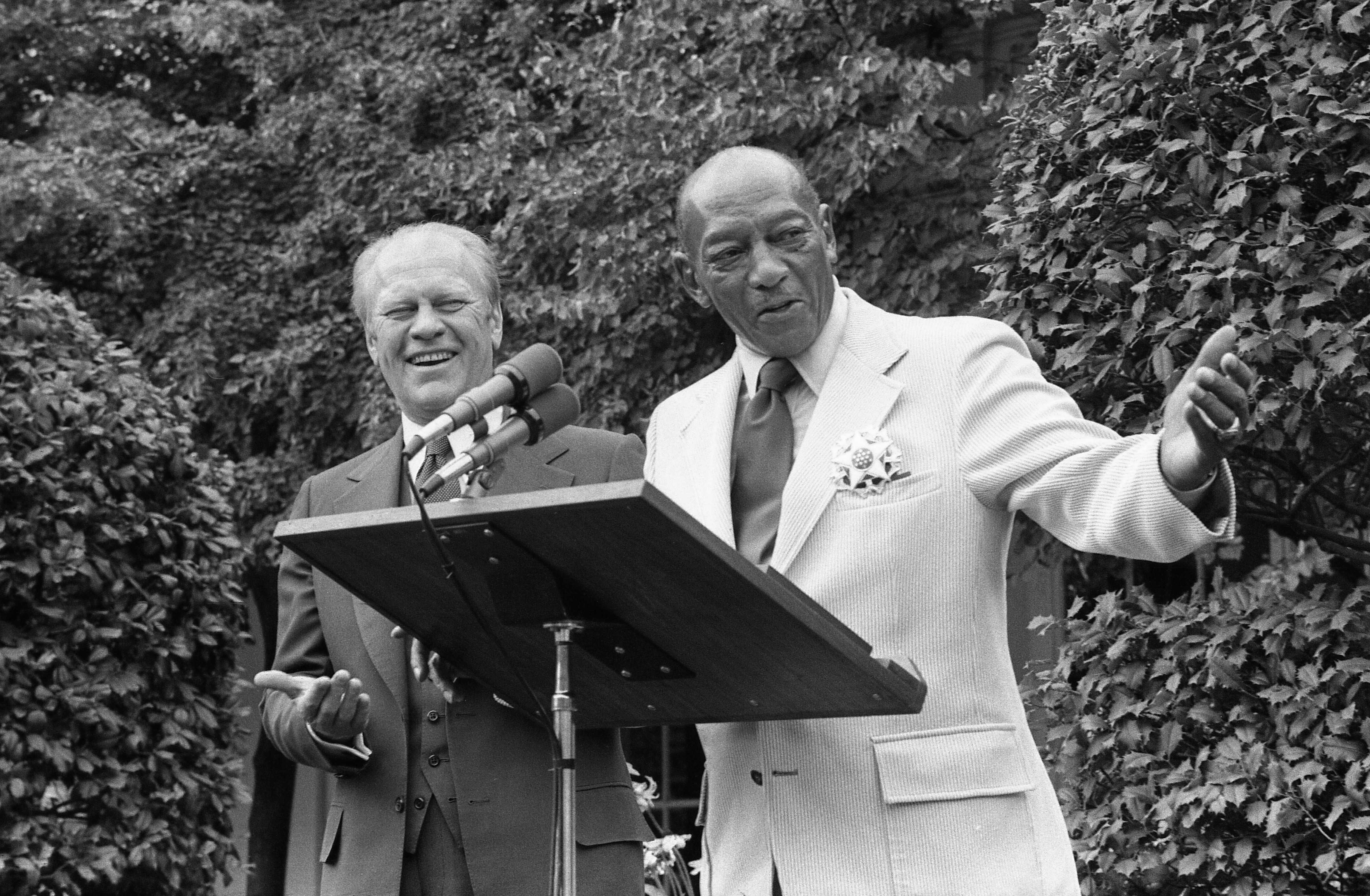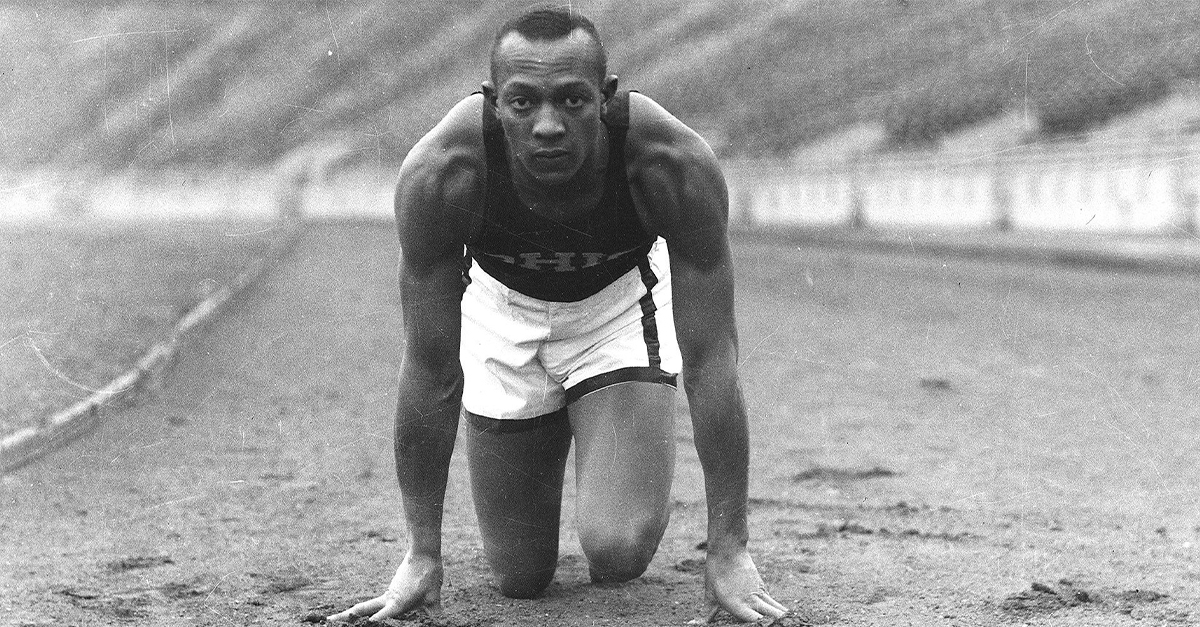When Jesse Owens returned to the United States after his stunning performance at the 1936 Berlin Olympics, he should’ve been welcomed as a national hero. He’d won four gold medals and captured the world’s imagination. But instead of parades and universal acclaim, Owens faced the familiar reality of a racially divided America.
A Hero Overseas, But Not At Home
In Germany, Owens had humbled Hitler’s vision of racial superiority. His victories in the 100 meters, 200 meters, long jump, and 4x100 meter relay were a powerful rebuke to the Fuhrer’s ideology of racial hierarchy. Yet, back in the United States, Owens was still a black man in an era of segregated buses, schools, and public facilities. His victories did little to change that reality.
 UnknownUnknown , Wikimedia Commons
UnknownUnknown , Wikimedia Commons
A Cold Reception In New York
When Owens returned to New York, he was honored with a ticker-tape parade along Broadway. But the celebration had a bitter undertone. Afterwards, Owens was forced to enter his own reception at the Waldorf-Astoria through a service entrance, not the grand front doors used by white guests. Even after his Olympic triumphs, America’s racial barriers were still in place.
Ignored By The White House
Despite his unparalleled athletic achievements, Owens never received a congratulatory telegram, public recognition, or invitation to the White House from President Franklin D Roosevelt. While American politicians celebrated his victories against the Third Reich’s racism, they stayed silent on the racial injustice Owens faced at home. Only decades later did an American president—Gerald Ford in 1976—formally recognize Owens’ contributions.
Financial Struggles Despite Glory
Owens hoped that his Olympic success would secure his financial future, but the terrible economy of the 1930s, coupled with racial discrimination, made that impossible. Many white athletes of the time found work through endorsements or public speaking. For a black athlete, these opportunities were almost non-existent. Owens resorted to racing against horses at exhibition events just to make ends meet.
 Unknown (IOC Olympic Museum, Switzerland), Wikimedia Commons
Unknown (IOC Olympic Museum, Switzerland), Wikimedia Commons
Career Disruption And Financial Ruin
Desperate to support his family, Owens turned professional, which led to his ban from amateur athletics. This effectively ended his competitive career. He opened a dry cleaning business and even tried running a sports promotion company, but both ventures failed. Owens spent years struggling financially, a stark contrast to his global fame as an Olympic champion.
The Psychological Toll Of Racism
The emotional toll of this double standard weighed heavily on Owens. He had faced hostility abroad from German officials but returned to a country that viewed him as a second-class citizen. Friends noted that the strain of fighting both personal and systemic racism led Owens to withdraw from public life for a time, battling depression and disillusionment.
A Gradual, Hard-Won Redemption
In the decades that followed, Owens gradually found recognition as a symbol of perseverance and courage. He became a motivational speaker and corporate spokesman, using his platform to advocate for racial equality. His life story, once largely ignored, became a powerful symbol of the African American struggle for dignity and respect.
 Unknown authorUnknown author or not provided, Wikimedia Commons
Unknown authorUnknown author or not provided, Wikimedia Commons
Legacy And Belated Honor
Jesse Owens died in 1980, having lived long enough to see some of the changes he had dreamed of. He was awarded the Presidential Medal of Freedom in 1976, and his legacy is now firmly enshrined in American history. Today, Owens is remembered not just as a champion athlete, but as a symbol of resistance to tyranny and racism.
A Hero For All Time
Though Owens’ journey was marked by struggle and hardship, his legacy is a monument to the strength of the human spirit. His triumphs in Berlin transcended the politics of the moment, and his later struggles reflect the complex, often painful path of racial progress in America. In the end, Jesse Owens proved his greatness beyond the limits of a racetrack.
You May Also Like:
Jaw-Dropping Facts About The Secret Lives of American Legends
Inspiring Facts About Sports Underdogs and Comebacks












